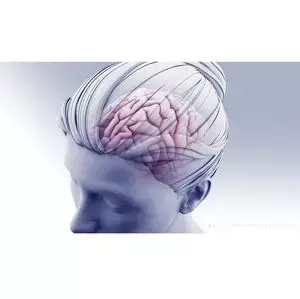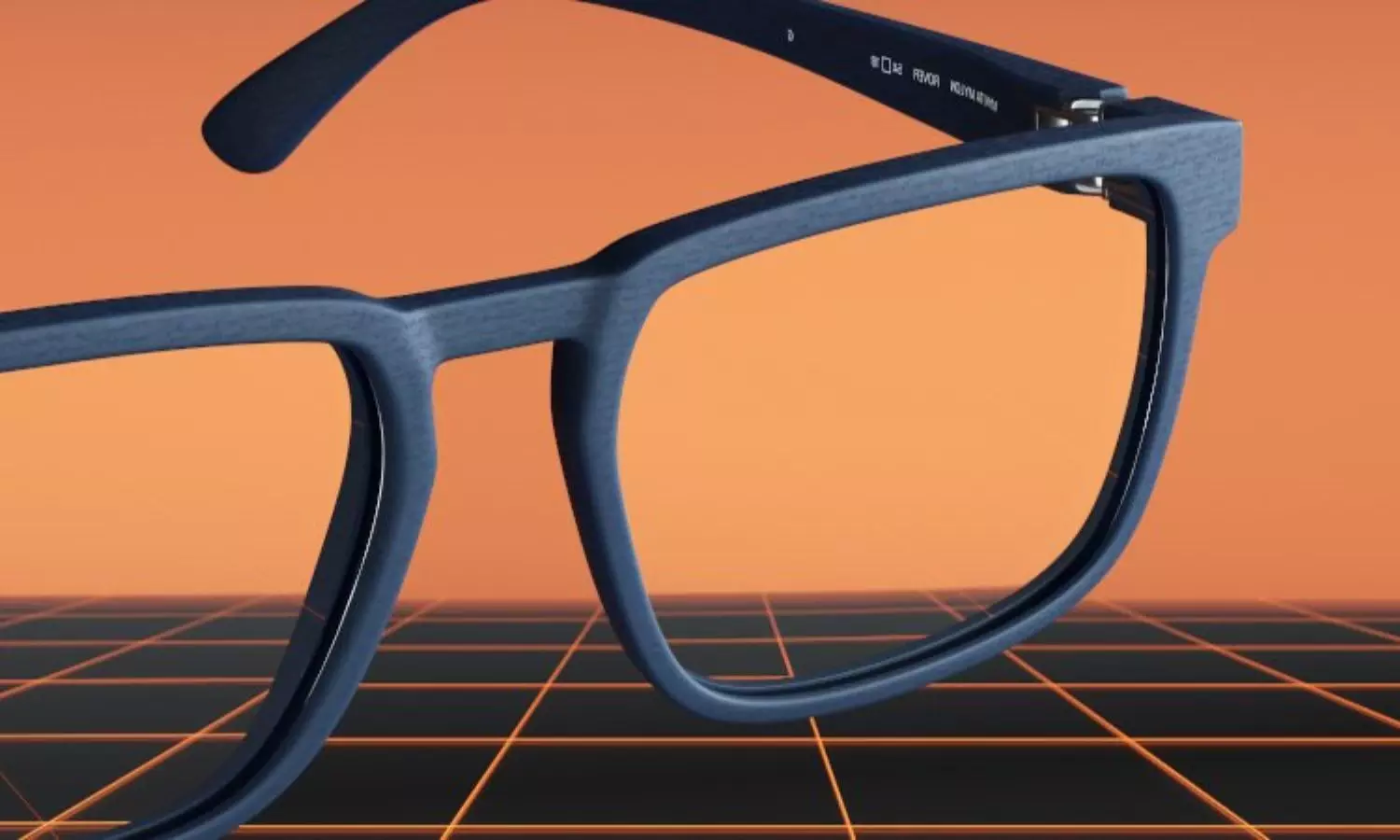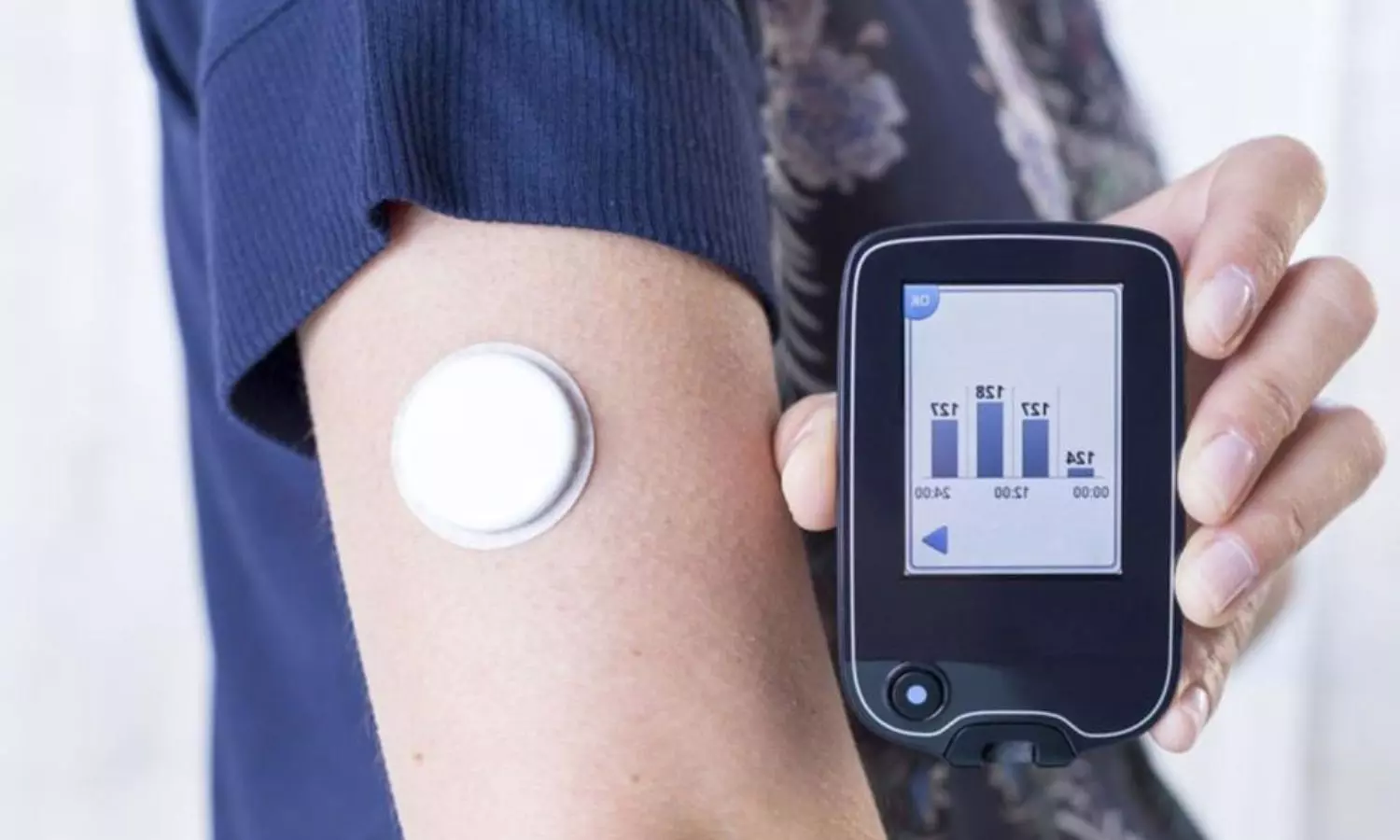- Home
- Medical news & Guidelines
- Anesthesiology
- Cardiology and CTVS
- Critical Care
- Dentistry
- Dermatology
- Diabetes and Endocrinology
- ENT
- Gastroenterology
- Medicine
- Nephrology
- Neurology
- Obstretics-Gynaecology
- Oncology
- Ophthalmology
- Orthopaedics
- Pediatrics-Neonatology
- Psychiatry
- Pulmonology
- Radiology
- Surgery
- Urology
- Laboratory Medicine
- Diet
- Nursing
- Paramedical
- Physiotherapy
- Health news
- Fact Check
- Bone Health Fact Check
- Brain Health Fact Check
- Cancer Related Fact Check
- Child Care Fact Check
- Dental and oral health fact check
- Diabetes and metabolic health fact check
- Diet and Nutrition Fact Check
- Eye and ENT Care Fact Check
- Fitness fact check
- Gut health fact check
- Heart health fact check
- Kidney health fact check
- Medical education fact check
- Men's health fact check
- Respiratory fact check
- Skin and hair care fact check
- Vaccine and Immunization fact check
- Women's health fact check
- AYUSH
- State News
- Andaman and Nicobar Islands
- Andhra Pradesh
- Arunachal Pradesh
- Assam
- Bihar
- Chandigarh
- Chattisgarh
- Dadra and Nagar Haveli
- Daman and Diu
- Delhi
- Goa
- Gujarat
- Haryana
- Himachal Pradesh
- Jammu & Kashmir
- Jharkhand
- Karnataka
- Kerala
- Ladakh
- Lakshadweep
- Madhya Pradesh
- Maharashtra
- Manipur
- Meghalaya
- Mizoram
- Nagaland
- Odisha
- Puducherry
- Punjab
- Rajasthan
- Sikkim
- Tamil Nadu
- Telangana
- Tripura
- Uttar Pradesh
- Uttrakhand
- West Bengal
- Medical Education
- Industry
No significant difference in post-op pain with pre-incision or post-incision scalp block

A recent meta-analysis reviewed that Scalp block reduces the pain intensity scores, duration for the first request of rescuer analgesia, and the necessity of fewer analgesic drugs in the first 12 h after craniotomy but the severity of postoperative pain remains the same for pre-incision and post-incision scalp block. The study was published in the journal Frontiers Surgery.
A craniotomy is an effective treatment of various cerebral diseases and injuries, and postoperative pain which is majorly somatic is an important clinical concern among the varied. This pain can lead to brain hyperemia and elevated intracranial pressure. Considering the side effects of opioids, several studies have been conducted to investigate the effect of local anesthetics, especially the scalp block, on postoperative pain. However, the strength of the evidence supporting this practice for postoperative pain after craniotomy was unclear, and the best occasion of scalp block was also not identified. Hence, researchers conducted a meta-analysis to evaluate the efficacy, safety, and the best occasion of scalp block for postoperative pain after craniotomy.
Using keywords databases like PubMed, Embase, and the Cochrane Library were searched from inception to October 10, 2021, for all randomized controlled trials evaluating the effect of scalp block on postoperative pain after craniotomy. Data were assessed by StataMP 16 software. A random-effects model was used to analyze all data.
Results:
- A total of 12 studies were included.
- Patients under scalp block earned fewer scores than the non-scalp block group in the visual analogue scale at the very early period, early period, and intermediate period.
- Scalp block could also significantly prolong the time of the first request of rescue analgesia and reduce the use of additional analgesics without a significant difference in the incidence of complications.
- Subgroup analysis showed there was no significant difference in analgesia effect between pre-incision scalp block and post-incision scalp block in all periods.
Scalp block is a safe and reliable technique that can effectively reduce patients' pain in the first 12 h after craniotomy, and its use in postoperative analgesia after craniotomy can be supported.
Further reading: Chen Y, Ni J, Li X, Zhou J, Chen G. Scalp block for postoperative pain after craniotomy: A meta-analysis of randomized control trials. Front Surg. 2022;9:1018511. Published 2022 Sep 26. doi:10.3389/fsurg.2022.1018511
BDS, MDS
Dr.Niharika Harsha B (BDS,MDS) completed her BDS from Govt Dental College, Hyderabad and MDS from Dr.NTR University of health sciences(Now Kaloji Rao University). She has 4 years of private dental practice and worked for 2 years as Consultant Oral Radiologist at a Dental Imaging Centre in Hyderabad. She worked as Research Assistant and scientific writer in the development of Oral Anti cancer screening device with her seniors. She has a deep intriguing wish in writing highly engaging, captivating and informative medical content for a wider audience. She can be contacted at editorial@medicaldialogues.in.
Dr Kamal Kant Kohli-MBBS, DTCD- a chest specialist with more than 30 years of practice and a flair for writing clinical articles, Dr Kamal Kant Kohli joined Medical Dialogues as a Chief Editor of Medical News. Besides writing articles, as an editor, he proofreads and verifies all the medical content published on Medical Dialogues including those coming from journals, studies,medical conferences,guidelines etc. Email: drkohli@medicaldialogues.in. Contact no. 011-43720751




